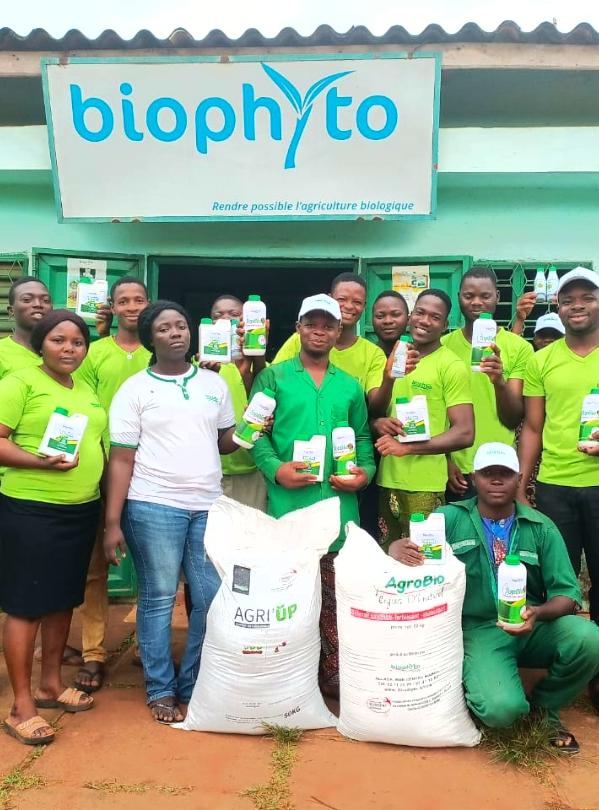
Cleaning up farming in Benin and the rest of Africa
It was ten years ago that the BioPhyto company set up business in Benin, with the aim of making farming healthier, both in terms of the food produced and for the farmers cultivating the land. It is a mission supported by Business Partnership Facility, an initiative of the King Baudouin Foundation, with a view to expanding across the continent of Africa and beyond.
The BioPhyto adventure owes its existence above all to Gildas Zodomè and his passion for agriculture. An agricultural engineer with a Doctorate in Environmental Studies, Health and Sustainable Development, this scientist from Benin knew which way his career would go from the moment he began writing his doctoral thesis. He initially worked for the Benin Government as an advisor to farmers and during his various missions his observations further assured him that he was on the right path. As Gildas Zodomè himself explains, “Working as an agricultural advisor and with no other solutions to offer, I used to recommend chemical products and how to use them: fertilizers, pesticides, insecticides and so on. So many products and yet I witnessed every day the harmful effects they were having on the health of the farmers and as well as the consequences related to food poisoning experienced by the people who consumed the crops that had been liberally sprayed with such toxic products. The farmers also told me about how the soil was becoming impoverished.”
Creating a virtuous circle
Gildas Zodomè believed that he had to find other solutions, alternative products based on the knowledge of the elders and the traditional use of plants and residues to fertilize the soils and fight pests. As early as 2011, prototypes were being created and experiments being conducted in controlled environments that produced satisfactory results for the farmers. From here, the first products were approved, and their patents filed shortly afterwards with the OAPI (the African Organisation for Intellectual Property).
In 2013, the BioPhyto company was set up with several ranges of organic fertilizers and organic pesticides and was approved in 2015. Gildas Zodomè remembers: “One of the raw materials used and which is recommended by the elders is neem or margosa (Azadirachta indica), a tree that grows in the remote and rather poor regions of Benin. So, we got in touch with the village chiefs and recruited some 3,000 young women who were without any real job prospects. We trained them how to harvest the seeds of the neem trees and provided the material necessary for them to do this.” Another recycled resource according to BioPhyto’s principles of the circular economy is transforming agricultural residues from the cultivation of pineapples into compost and organic fertilizer, as well as active carbon enriched with ethylene (TIF Bio).
This latter active principle was developed thanks to the Belgian development agency Enabel, together with the Benin Ministry of Agriculture, Livestock and Fisheries. Given the 2022 EU ban on the use of calcium carbide to accelerate the flowering of pineapple plants and the two-year moratorium created in which to find replacement solutions, BioPhyto succeeded in developing an organic product to induce pineapple flowering, with an ECOCERT certification. This made the company one of the only businesses on the international market for organic fertilizers and pesticides to offer approved products. The company’s entire production is also certified ISO 9001 (for quality management) and 14001 (for environmental management).
Financial support for growth
It was thanks to Enabel that BioPhyto learned about the possibility of financial support through the Business Partnership Facility (BPF), managed by the King Baudouin Foundation. The BPF supports entrepreneurial initiatives conducted in partnerships between companies and actors from civil society, which contribute to the objectives of sustainable development in countries covered by the programme (one of which is Benin). Projects that are financed by the BPF must demonstrate their social impact and economic viability. “This was an opportunity that BioPhyto was able to seize”, says Gildas Zodomè, “and it enabled the company to benefit from 200,000 euros in financial aid and support. This support also gave confidence to partners working with us and it has enabled us to continue to grow through receiving additional credits.” For example, there has been a loan from the Kampani Investment Fund, in which the King Baudouin Foundation is also one of the founding partners.
To achieve that result, we had to convince farmers, because initially they were very hesitant to use the organic products.Today, they follow us, especially since they no longer have to wear protective clothing to avoid burns caused by the chemical products. BioPhyto products are better for their health and that of the population, which can now count on healthy and organic food. And that means great long-term progress for health, the environment and the economy."
Today, BioPhyto is a flourishing business that is recognised thanks to the numerous African and international awards it has received to date. It enjoys a well-established general management, fast and quality production lines, warehouses and it works with public laboratories. It is a company of 50 full-time employees, some forty part-time workers and a network of neem seed pickers. It is also present in Togo and the Ivory Coast, distributes its products in the sub-region and has the ambition to develop on other continents in future years. BioPhyto would also like to disseminate its techniques and know-how in all of the hot countries of Africa where the same raw materials can be found.
Other stories
Inspiring engagement!
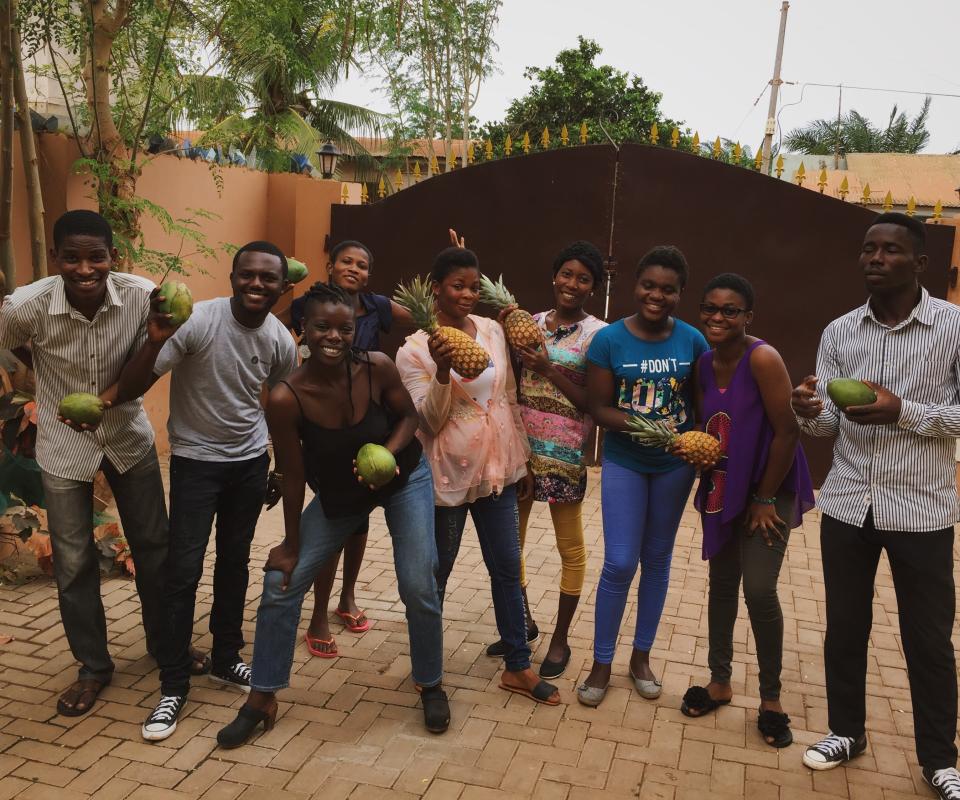

Four founders explain how the Business Partnership Facility supports their sustainable businesses in Rwanda and Senegal
“The relationship between funder and grantee is important,. Social entrepreneurs are passionate about what they do. Trust is critical in the sense of empowering implementers. I experienced that trust and that was empowering, the feeling that I have control to take decisions that I see are right for us.”
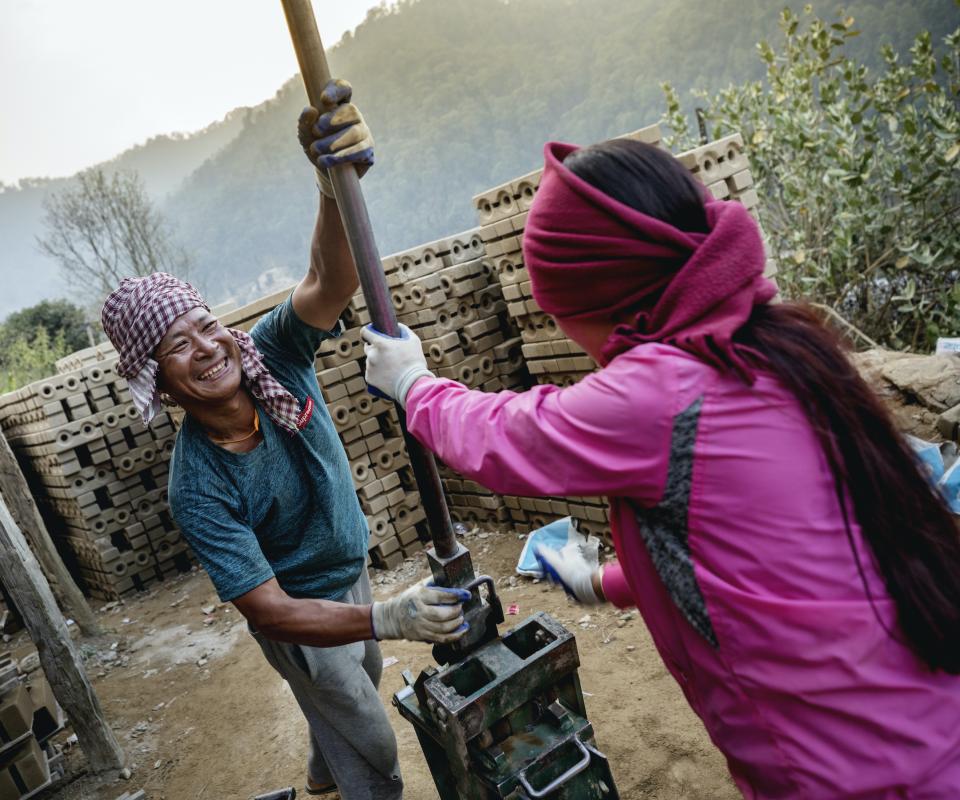
‘It’s a win-win’: building a way out of poverty in disaster-hit Nepal
“We are driven by the social, environmental and economic impact, but in the conversation with the potential entrepreneurs the focus is on how this is a good business.”
Other press releases
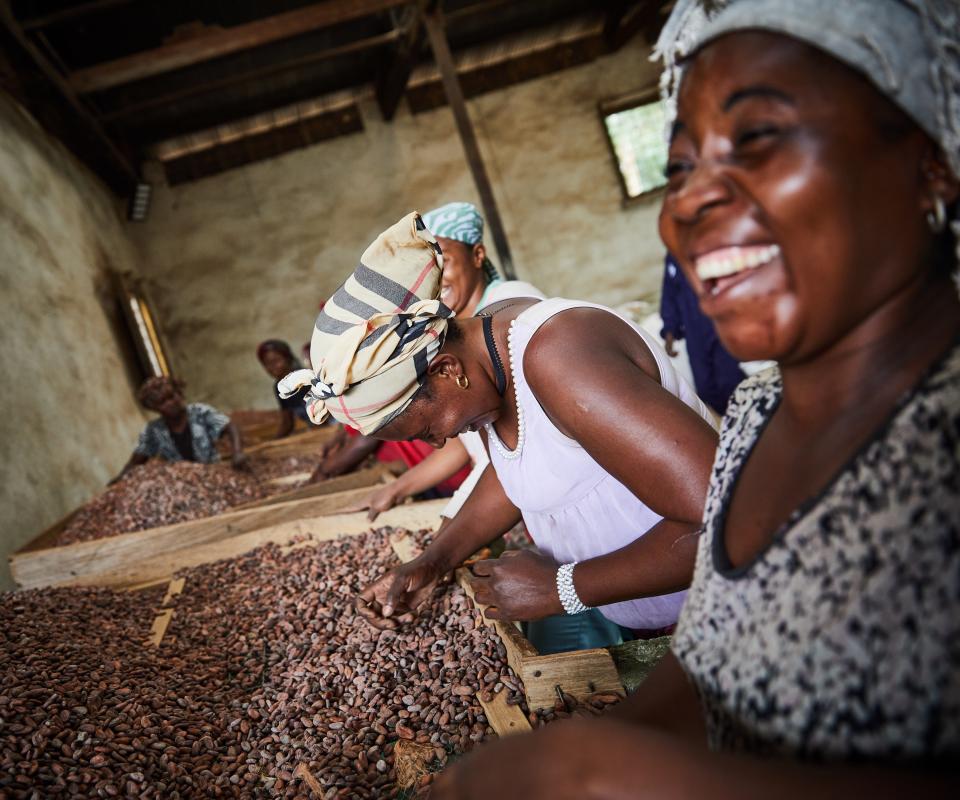
Business Partnership Facility: impact in developing countries by nurturing a culture of learning, innovation, and sustainability
The Business Parternship Facility initiative shows impact in developing countries, by promoting learning, innovation and sustainability.
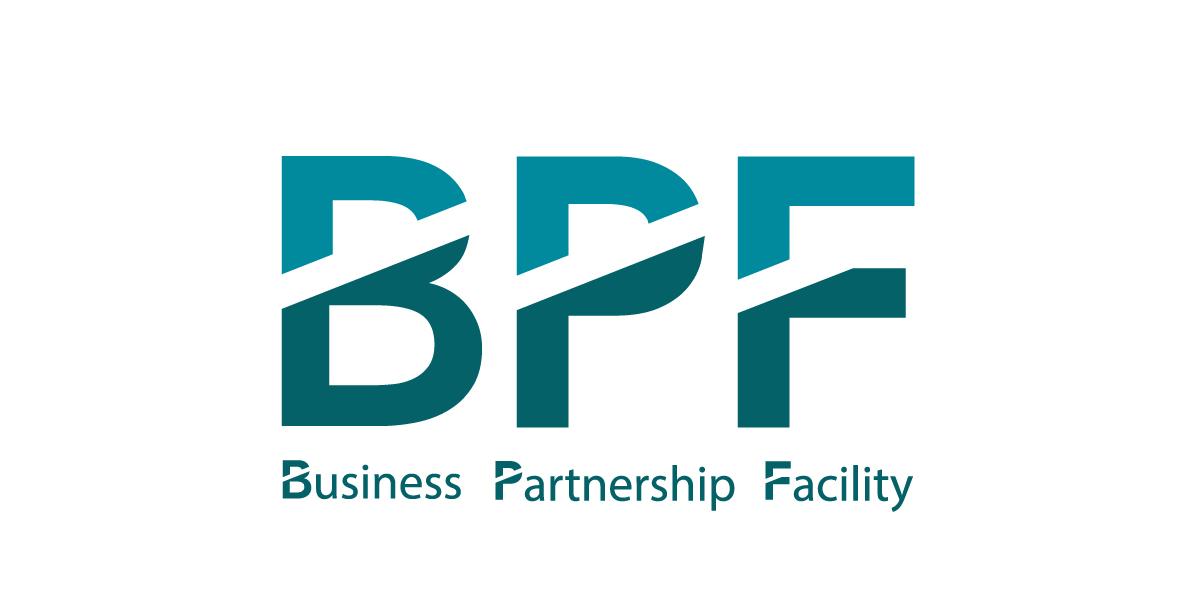
Business Partnership Facility : grant support for social impact enterprises is ‘successful model’
According to an external mid-term evaluation of the Business Partnership Facility programme, financial support for social impact enterprises is ‘successful model’.

Eight business projects in the South receive support from Business Partnership Facility ‘Enterprises for SDGs’
Eight business projects in the South that are contributing towards the Sustainable Development goals receive support from Business Partnership Facility ‘Enterprises for SDGs’.